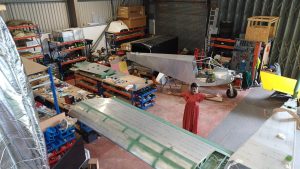
Ten years ago, one of Ghana’s finest international ambassadors for youth, women and Africa left her homeland to write her next chapter in further afield.
Today, she is a professor, been award an OBE by Queen Elizabeth II, made a Deputy Lieutenant for Dyfed under King Charles III, and now a finalist in the African Genius Awards and as her business and vision grows, is looking to set up an aircraft assembly plant back in Africa.
Patricia Mawuli, (now Professor Patricia Mawuli Porter OBE DL) from Mepe in the Volta Region, grew up in the humblest of circumstances and became yet another rural young lady looking to eke out a living by cutting down neem trees and selling the sticks and logs to the local food sellers, for cooking their fare over.
However, her curiosity changed that: one day, she wandered onto a rural airfield in the Eastern Region of Ghana, and her life literally took off! Despite many challenges and barriers for a woman entering a career in Engineering and Aviation, she went on to become the first civilian Ghanaian woman to obtain a pilots licence in Ghana, build aircraft, teach others to build and fly aircraft, travel the world, inspire and ignite a discussion about African women in engineering and aviation, who has reached every corner of the globe… And today, she is recognised as a finalist in the prestigious African Genius Awards.
The African Genius Awards was founded by Dr. Sifiso Falala, a South African entrepreneur and philanthropist. The vision was to create a platform that highlights and honours outstanding Africans whose work has made significant contributions to the continent and beyond.
Dr. Falala’s ambition for these awards is to raise awareness of the creativity, innovation and intellectual achievement of Africans around the world. The awards seek to reshape narratives about Africa by celebrating leaders, pioneers and innovators, and by offering positive role models for future generations.
It is a truly laudable endeavour, and one that is changing the narrative about Africa – we are no longer ‘a developing continent’ but we are ‘a continent with many great achievements, represented by amazing individuals.’

Patricia – and her daughter – in a section of her workshop
Some may remember that Patricia was recognised by President John Mahama in 2012 with a Ghana National Youth Achievers Awards 2012 for her achievements in aviation, she and keeps a picture of the event on her phone even today.
The Ghanaian Business and Financial Times managed to track Patricia down in Wales, UK, where she runs two commercial operations and a non-profit organisation. We were able to find out a bit more about her story, and how it has developed over the past ten years. She has achieved a great deal and is clearly a worthy finalist in the African Genius Awards.
Patrica currently works out of a large steel hangar in Pembrokeshire, where you can hardly move for aeroplanes, CNC machines (basic robots for cutting and forming materials) and a host of tools and specialist equipment. She has a nine-year-old daughter, Gwenevere Fafali, who is home – or rather hangar-educated and studying at a level many years above her age.
Alongside her is Layney, a Welsh Government sponsored Engineering apprentice who is about halfway through a 5-year route to an Engineering degree delivered in collaboration with local colleges and universities. Meanwhile, her husband, Yaw, sits in the office ensuring that the logistics of the operations run smoothly, working on CAD designs, various approvals and the admin side of Patricia’s growing international operation. Yaw is also the company test pilot, while Patricia is working toward that accolade next year, as they expand their operations.
When asked about her achievements, Patricia is incredibly humble and says that every award and recognition she has is a result of team work, and each represents, in her own words: “A celebration for all those who have supported and encouraged me along the way, as well as for all the young Africans looking at the seemingly insurmountable mountain ahead of them – and to inspire and encourage them all to be more than they could ever imagine.”
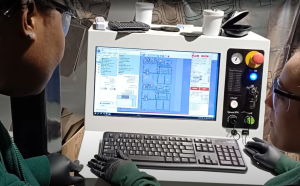
Patricia checking a programme on her large multi-headed cutting machine
Patricia is factory-trained by Zenith Aircraft, Rotax Aircraft Engines, DUC Propellers and ULPower Aero Engines. With over 1000 hours flying experience, she has trained many people to fly – introduced hundreds more to aviation – and believes that aviation is a magnificent tool for getting young people into exciting careers.
“Did you know that there are over sixty jobs needing to be done for every one pilot,” she explains as she moves into ‘teaching mode’, her eyes wide and gleaming with excitement, her smile wide and contagious. Aviation flows through every pore of this daughter of Ghana.
“Aviation has more jobs in engineering, people, logistics and management than being in the plane. Think of aviation as a pyramid. The enormous bottom layer is the engineers – designing, building, maintaining the fleets; and the top few stones are the pilots. In between, we have air traffic controllers, construction and maintenance of facilities, fire services, cabin crew, check in, cleaners, medical, load masters, honey-dippers*, administration teams, etc.”
“However,” she continues seemingly without taking a breath, her words flowing, ostensibly with perpetual energy, “my focus is on the smaller aircraft. I am invested fully into light aviation – Humanitarian, Surveillance, Training, Agricultural and some recreational missions. Surveillance is so often misunderstood, and yet possibly the most important civil role of light aviation. For example, wildlife surveillance helps not only the endangered animals, but also the rural communities that benefit from education, better herd management, etc. Surveillance includes photography and video work too, and some of my most cherished surveillance operations in Ghana were doing the aerial photos for the largest barge push on the Volta Lake and a photo-video survey of the construction of the Bui Dam.”
Patricia appears to have a small moistening of her eyes as she remembers these flights of national importance to Ghana’s infrastructure. But she has not finished her flowing discourse.
“Humanitarian flights include aerial supply of education materials, emergency supplies, search and rescue, medical evacuations, bringing medical personnel into remote areas and the like. My small planes can’t always do the ‘bigger things’ but they can do the smaller things; and best of all, cost effectively. Light aircraft can operate out of the smallest of roughly prepared strips and can bring support to the most remote locations in the speediest of manners. For agricultural operations such as crop and herd monitoring and crop spraying as well as training and recreational aspects of light aviation, most people ‘just get it’ but the Surveillance and Humanitarian aspects are seriously under-recognised in many parts of Africa.”
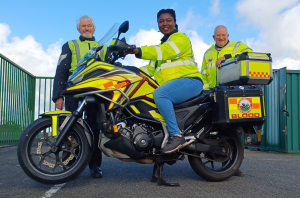
Patricia in her role as a Deputy Lieutenant encouraging a blood bike charity for the good works
Patricia offers me a flight in a large two seat aircraft she has built; it is powered by a 130hp modern Fully Automated Digital Engine Control (FADEC) power plant, with a large cockpit and the engine instrument system fully developed by her and her team. I climb in and watch and listen as she goes through her checks, speaks over the radio and gets clearance for the flight. We taxi out and seemingly leap into the air; barely fifty metres along the runway we were climbing briskly. Her engineering skills and piloting skills are clearly of the highest order.
Coming back to land, Patricia masters the machine, almost if the aircraft itself were an extension of her consciousness, as she commands every turn and shift as we descend toward the runway. We landed more smoothly than I ever imagined an aeroplane could. Shutting off the engine, and before we can exit the cockpit, she offers details of her burgeoning NexGen aircraft project – Fafali Aircraft.
With such a Ghanaian name and a very strong and powerful Ewe name, clear recognition of Patricia’s heritage, she has brought a bit of Ghana to the rest of the world. Her daughter has Fafali as a middle name, and the concept of naming a brand after your daughter is more well known in the automotive industry, with Mercedes and Porsche as examples; but now Patricia or perhaps Mawuli has brought the convention to aircraft too.
Fafali, as all Ewe speakers might already know, means peace, tranquillity, strength and fortitude, all qualities of Professor Patricia, and clearly those of her daughter and now her new aircraft too.
“We started the design for a new aircraft before we left Ghana,” Patricia narrates. “We were frustrated by the experience that most light aircraft we operated in West Africa missed out on features needed for African operations, such as more robust undercarriages, ease of inspection for Potter Wasp nests, better protection for the crew, long range tanks, more cargo space, and they certainly didn’t consider African women’s hips!
“With only six percent of the world’s pilots being women, and a very small percentage of those women being black African with, if I may say, ‘hips of traditional construction’, the aircraft designers over the years focused on male geometry. When the design team, led by Yaw, completed the plans for the first prototype cockpit, I was very excited. He had used the industry standard digital mannequins – male and female in the 3D development, and we excitedly cut, formed and assembled the parts.
When I sat in the mocked-up cockpit, my hips were just as ‘constricted’ as in every other aircraft I have flown. Realising that the digital mannequins were not representative of the African women, we set about a ‘hips’ analysis and developed a more inclusive cockpit. Fortuitously, this approach has also enabled us to accommodate a wider range of disabled pilots to the new cockpit too. Furthermore, it makes it easier to get injured parties into the aircraft for transport purposes.”
In between Patricia’s passionate orations, she shares how presentations about her developments have been made by her and her team at the Royal Aeronautical Society, Aeronautical Technology Institute conferences, Farnborough Airshow, the Paris Airshow and more. It is abundantly clear that working with the resources in Europe has been an essential aspect of brining Fafali to life. Now Patricia wants to take the outcomes back to Africa, and perhaps this is just one of the reasons why she was nominated for an African Genius Award.
The passion and energy that Patricia has for her new design is infectious. In fact, the Fafali slogan is ‘Your Mission, Our Passion’, and Patricia and her team clearly have both personal and corporate passion for the mission opportunities for light aircraft across Africa.
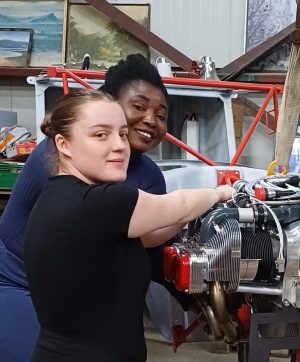
Patricia with her apprentice Layney installing an engine in Iceland
I am not allowed to see the ‘final aircraft design’ as that is being kept a close secret until unveiling in early 2026, but I was privy to some design features. Fafali will be able to fly over 1,800km on long range missions, and around 1000km on standard missions, which will also allow the aircraft considerable payload.
With a 180 horsepower power plant, that can operate on car petrol; and a cruise speed of close to 200 kph, Fafali appears to be about to change how we all view light aircraft on our continent. Furthermore, there is a larger version on the drawing board – a hybrid model that will have potential for up to 4 seats and still be able to take off in less than 100 metres!
If I had not visited the facilities, I would have said this is a pipe dream, but you enter the CNC cell and watch parts being made, undercarriages being formed, wing ribs, windshields and more… and you realise that this is real. This is not just an idea, Fafali is actually happening; Ghana has a daughter who is changing the world through small planes.
Patricia has invested in high-speed robotic equipment ready for larger production runs of Fafali components, and she has the only production cell for all metal light aircraft in the UK. These machines make parts for several other brands already, and the team makes custom fuel tanks, instrument panels, baggage solutions, repair kits and more on a subcontract basis – often exporting across the world.
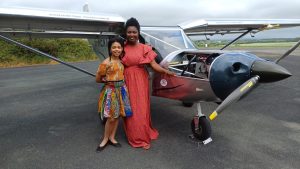
Patricia with her daughter Fafali and one of the aircraft she recently built
The CNC cell can readily produce enough parts for two Fafali aircraft per week; however, Patricia realises that she may not be able to meet demands when it comes to assembly of the aircraft. Being pragmatic, she is currently looking for collaborative countries in Africa to set up assembly and support plants for Fafali Aircraft and is hoping that Ghana might be one of them – maybe even the first one.
Much as Melody Danquah paved the way for Ghana’s women to fly in Ghana’s Airforce, Professor Patricia Mawuli is paving the way for African civilians in engineering and aviation, surveillance, humanitarian and other fields of need; and her continent-wide recognition is something we can all share pride in.
Here at the Ghanaian Business and Financial Times, we are all pleased to shout “Ayekoo” to Patricia and her team, as we look forward to the next chapter in this trail-blazing Ghanaian lady’s ambitions to make Africa a better place through aviation and engineering. Honey-dippers are those who empty the waste matter from aircraft washrooms.
The post Ghanaian Aviatrix finalist in the African Genius Awards appeared first on The Business & Financial Times.
Read Full Story
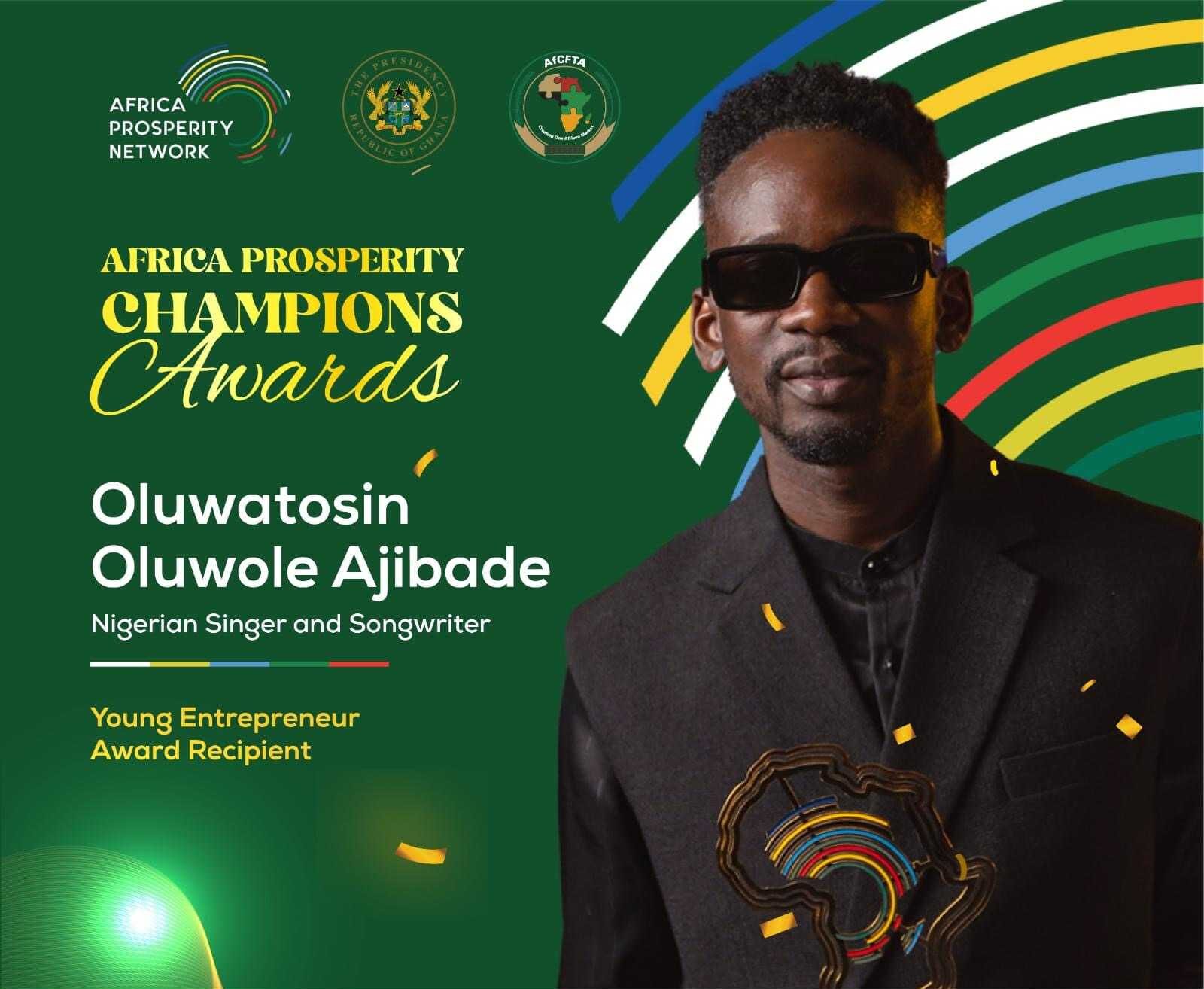

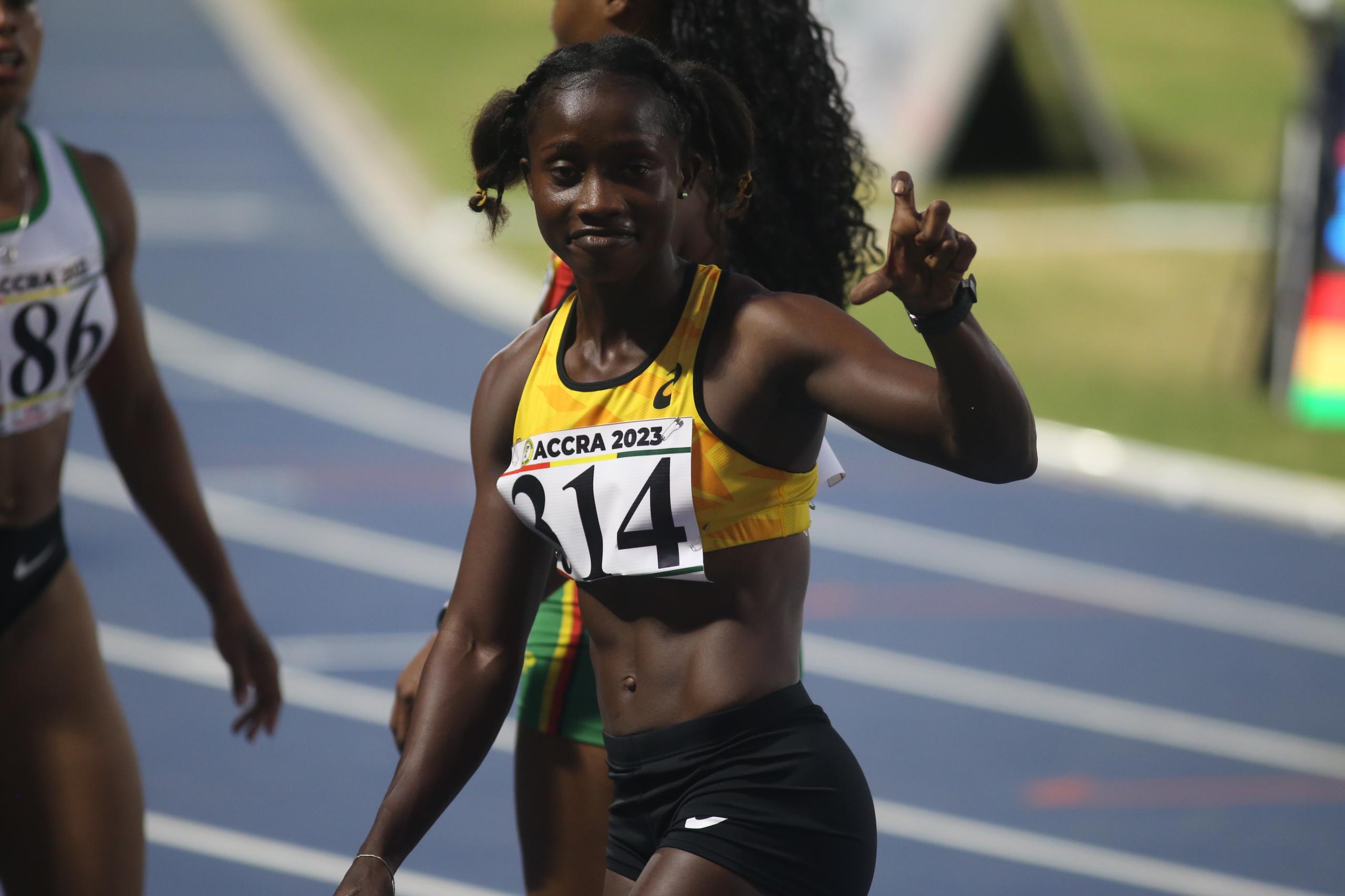


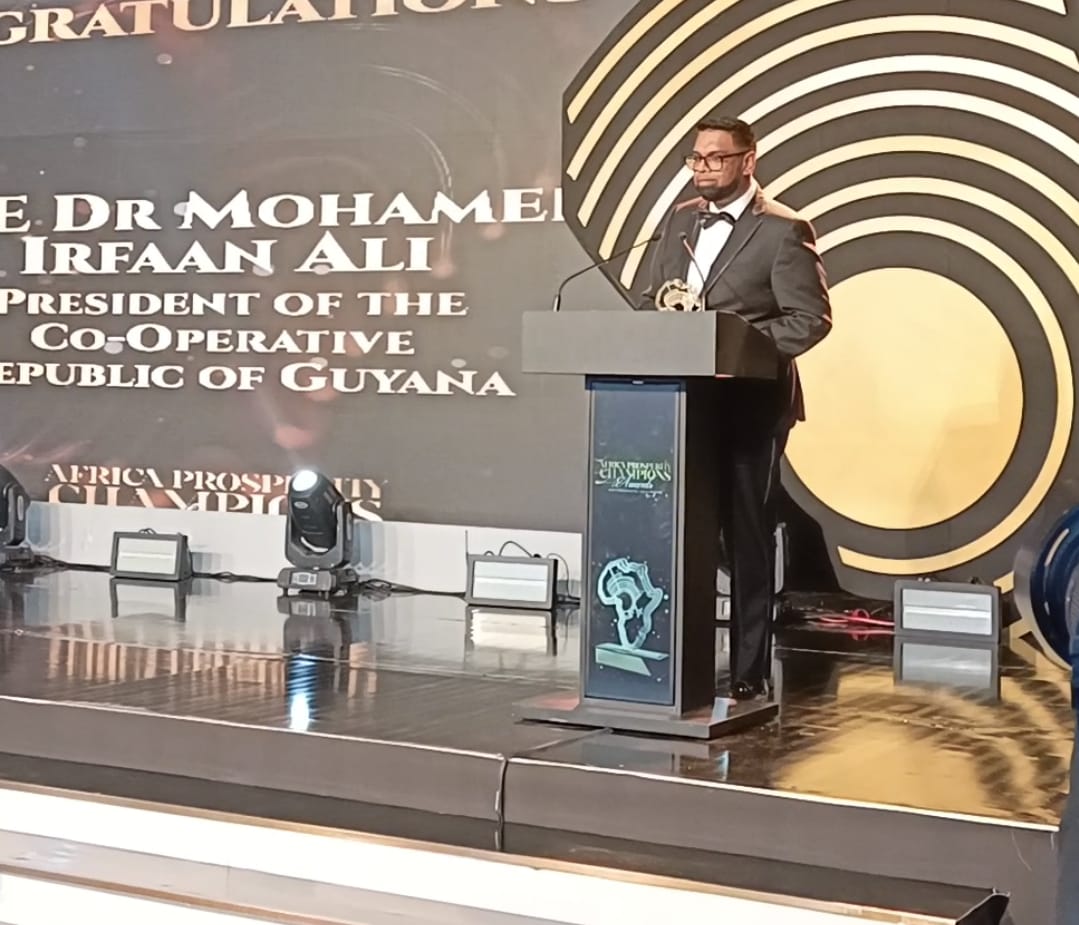
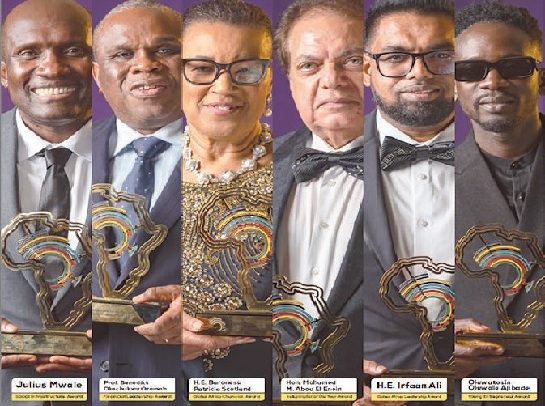


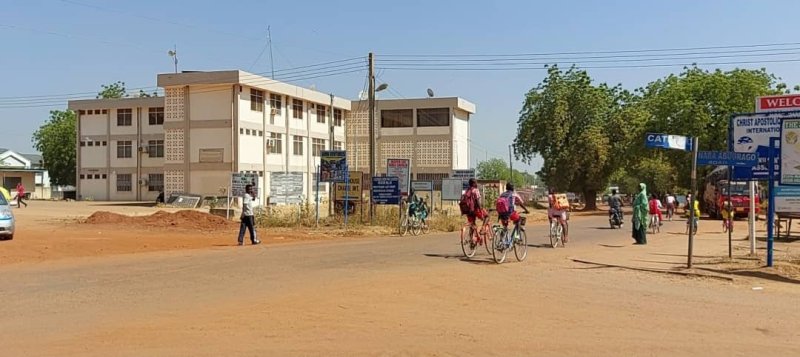







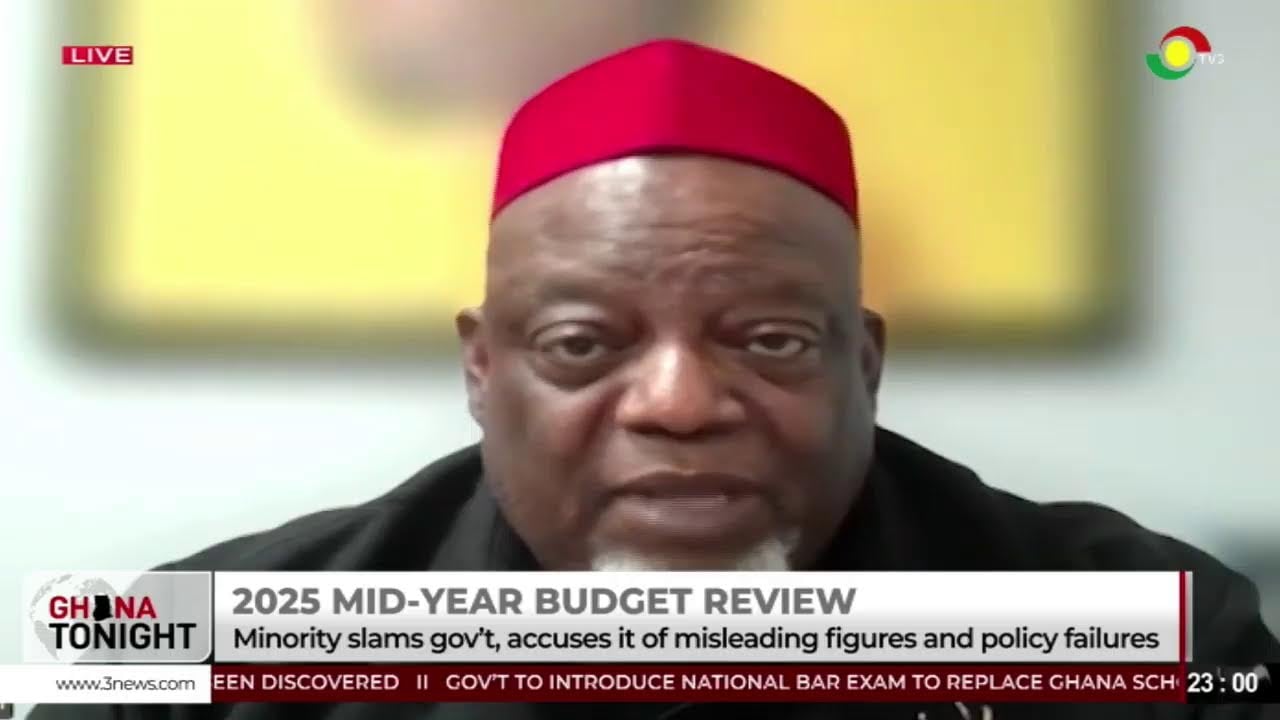


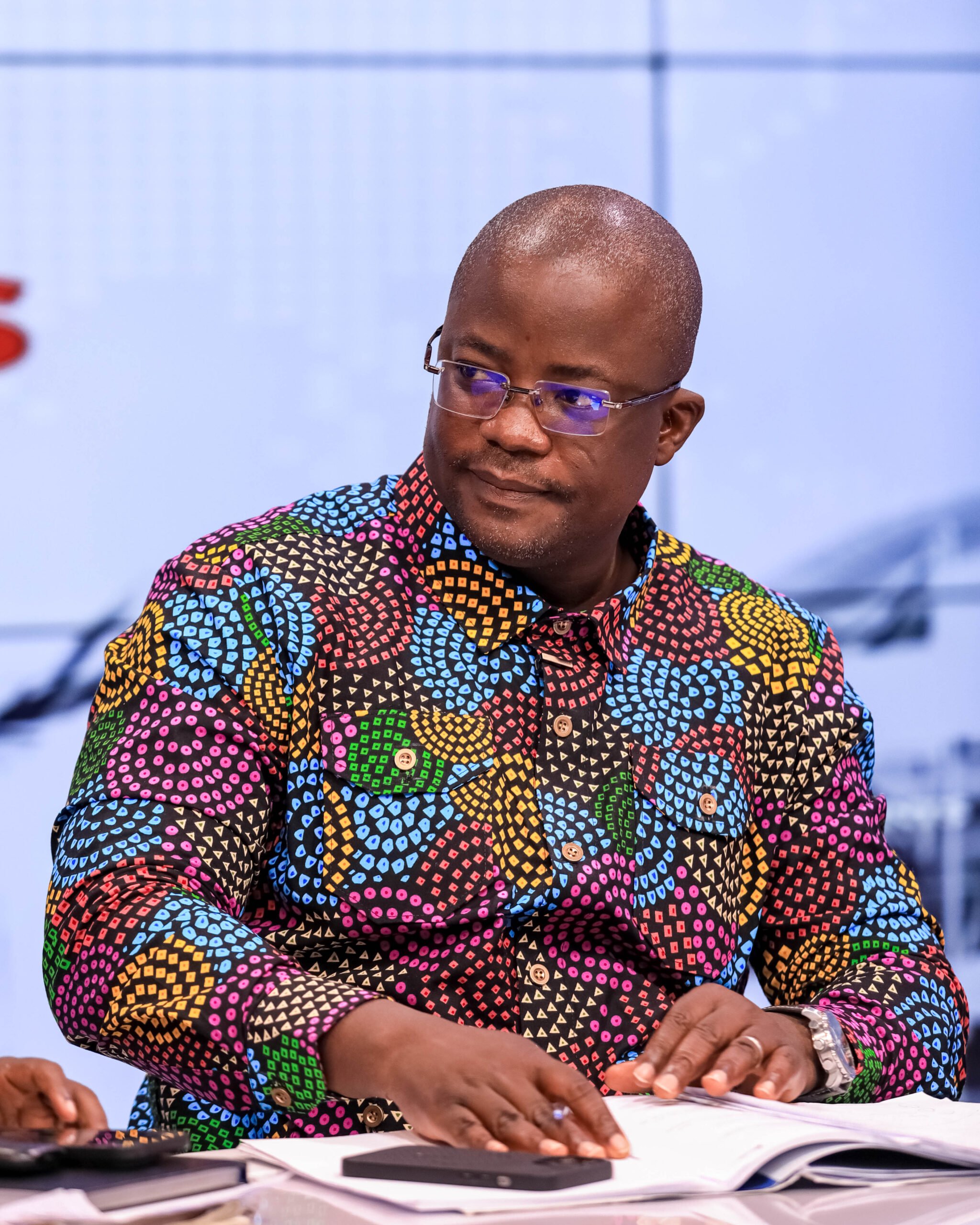

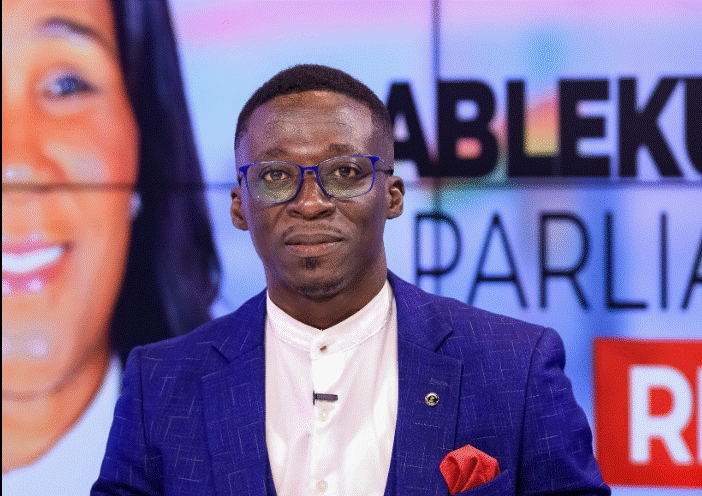
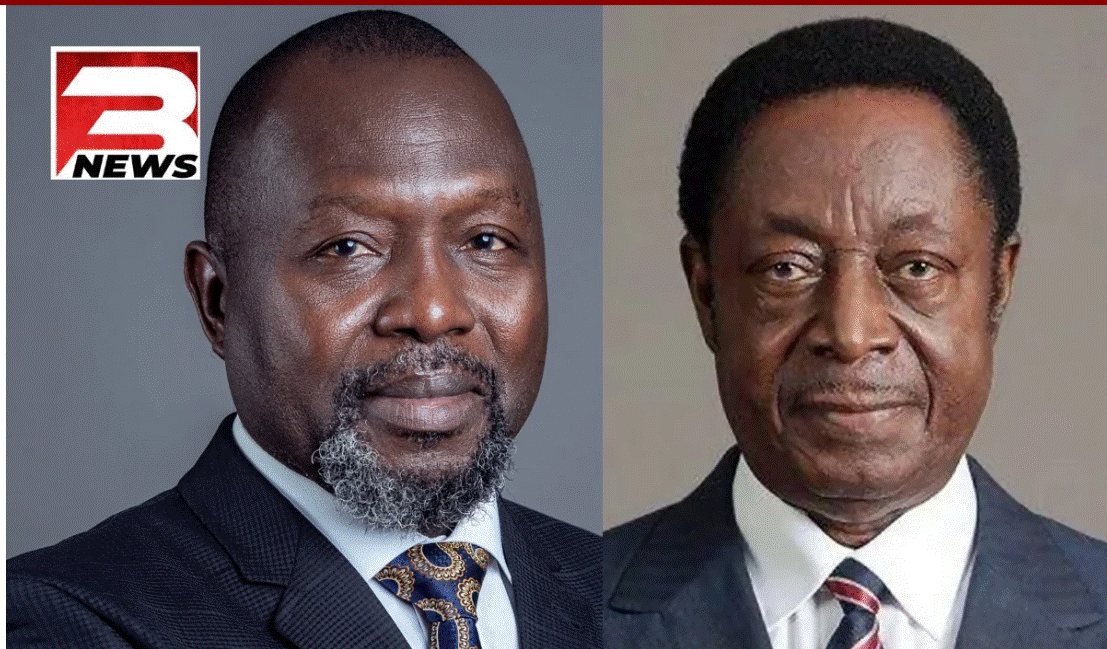

Facebook
Twitter
Pinterest
Instagram
Google+
YouTube
LinkedIn
RSS